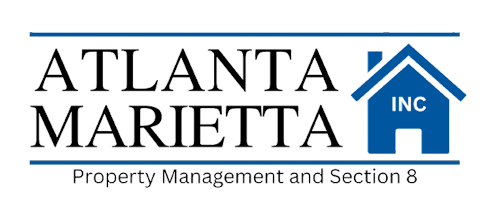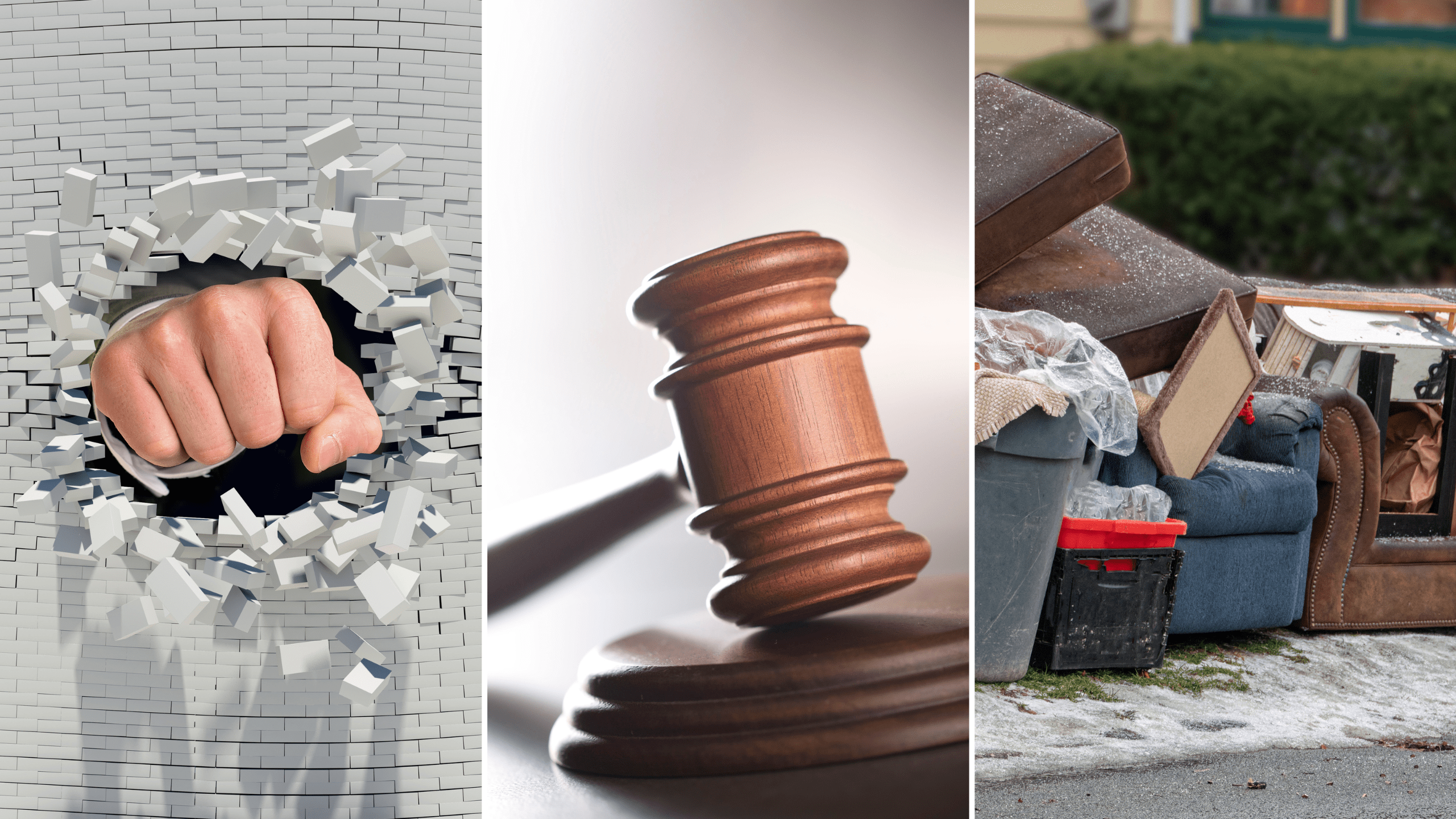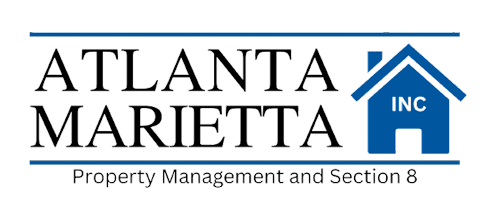PROTECTION PLUS

ProtectionPlus is a specialized insurance coverage tailored for investors in rental properties, providing financial security and reimbursement to owners facing losses arising from liability claims and eviction.
The ProtectionPlus package integrates a $1 million general liability insurance policy (resembling an umbrella policy) with a Landlord eviction policy that covers a broad spectrum of damage and associated costs.

COVERAGE
- Loss of rent guarantee with up to 25 weeks of rent loss
- Eviction Guarantee with $5k in eviction coverage, plus $600 for any sheriff fees
- Tenant Malicious damage guarantee with $35k in Coverage
- $100k in tenant accidental damage coverage resulting in fire, Water, Smoke, and Explosion
- $1,000,000 coverage for 3rd party claims that happen on your property*
- $15K in Theft or Damage Due to Theft.
- Rekeying of locks if a tenant skips or has to be evicted
- $5k lockbox coverage

AFFORDABLE PROTECTION
ProtectionPlus is available with our COMPLETE, CLASSIC, and STANDARD management plans and provides added financial security for owners. It’s automatically included at no additional cost with the COMPLETE Plan, available for $49 per month under the CLASSIC Plan, and $59 per month under the STANDARD Plan (per unit, including tax and a small administrative fee). For just a fraction of the potential cost of tenant damage, legal fees, pet damage, or lost rent—plus $1 million in liability coverage—ProtectionPlus offers peace of mind and real protection in today’s economic environment.

QUALIFICATIONS
- $1000 monthly rent minimum and $3000 monthly rent maximum
- A signed property management agreement
- Owner payments are required while property is vacant unless included in your Plan
- Existing tenants must have been current in their rent payments for the previous 3 months when starting the program
- Properties cannot be located in areas rated "D" or "F" for violent crimes
- Section 8 properties are eligible

LANDLORD PROTECTION
ProtectionPlus Landlord Protection covers 4 risk areas:
- Malicious tenant damage
- Loss of rent
- Eviction costs
- Eviction legal defense

GENERAL LIABILITY
ProtectionPlus General Liability Insurance offers:
- $1,000,000 in liability protection per property
- Covers 3rd party lawsuits for alleged bodily injury, property damage, personal injury, and advertising injury (common exclusions included)
- Covers both owner and property manager
- No deductible.
RISK PROTECTION
Protection Plus adds an extra layer of protection beyond standard liability coverage, helping offset common out-of-pocket costs landlords face during tenant issues and evictions. Watch this short video to see how Protection Plus helps protect your rental investment.
POLICY BENEFITS
We have partnered with Surevestor, the exclusive U.S. provider of the Scheer Protection suite of specialty insurance products. Scheer Landlord Protection offers owners protection against tenant income loss and much more. The Dwelling and Tenant Liability Insurance policies make life easier and more profitable.
FAQ's for Eviction Protection
-
Does every property qualify for cover?
Most properties do qualify provided the monthly rent is $1000 or above and the property is fully managed by a professional property management agent. Cover is not available for a leasing only arrangement with the agent or if it’s within the five boroughs of NYC. If you take the property back to self-manage, your insurance is void and you can apply for a pro rata refund.
-
Is loss of rent between tenancies covered?
If your tenant has moved out at the end of the lease and it takes a few weeks to release the property that is not considered an insurable risk but rather the risk of doing business in that market. The policy is designed to cover loss of rent as a result of the actions of the tenant, not the market.
-
What type of events can I claim as malicious damage?
Malicious Damage presumes intentional, spiteful or vindictive damage carried out by the tenant with the intent to damage the Landlord’s Property. This may be their reaction to being evicted or perhaps they have had a domestic dispute and lost control so they lashed out against the walls and doors. In most states it is a crime or felony. Children or Pet damage is not covered under the policy the only exception is a service or companion animal as defined in the policy document. Here are some examples of what is and what isn’t malicious damage. We suggest that the property managers asks themselves two questions before reporting a malicious damage claim.
-
Would I be prepared to report the tenants to the police for committing the crime of malicious damage?
If your first response is to hesitate or to immediately say no, the chances are it is not a malicious damage claim. In some circumstances the underwriters will appoint a loss adjustor to inspect the damage and they may insist that you report it to the police.
-
If we cleaned up the mess and garbage all over the place, would the floors or cupboards underneath actually be damaged or just exceptionally dirty?
If there was no physical damage to the landlord’s property once you cleaned up the mess, then you do not have a malicious damage claim. If the tenant has left the property in that condition then the clean up costs can be deducted from the security deposit if that is allowed in your state.
-
What are examples of what IS considered malicious damage?
- A tenant removes an internal wall to enlarge a room without landlord permission
- The construction of a wall by the tenant without approval
- Tenant sets fire to the landlord’s property with the intent to burn the place down
- Concrete is poured down the kitchen sink and bathroom drains
- Extensive graffiti on the walls
- Damage as a result of the tenant being attacked in the property which causes damage
- Cupboards being pulled from the walls, doors torn off their hinges
- A tenant committing suicide in the property
- Punching holes in walls or doors
- Gouging of walls or use of a hammer to damage walls
- Plugging up the bath and intentionally allowing water to overflow through the property
-
What are examples of what IS NOT malicious damage?
- A red wine spill that stains the carpet
- A scorch mark on the kitchen countertop from a frying pan
- When the tenant uses bleach to clean up their mess and it ruins the carpet or floor
- A hot iron or cigarette leaves a scorch mark on the carpet
- Holes left in walls from the tenants hanging pictures or other decorations
- Children drawing on walls or spilling their paints on the carpet
- Coals that escape an open fire and leave scorch marks on the carpet
- The tenant had a party and the carpets and curtains have had alcohol spilled on them
- Tenant’s dog was locked inside all the time and had ruined the carpet and scratched the doors
-
For existing tenancies, how does the policy commence?
If the tenant’s rent payments were in arrears of the rent due date by 6 days or more in the two months immediately prior to policy commencement date, then the following limitation applies:
- This policy will not pay a claim for loss of rent from any cause, malicious damage, fire, explosion or theft.
- Once the tenant subsequently brings their rent out of arrears by paying their rent “on time” which means within 5 days of the rent due date (excluding further grace periods) for two consecutive months, this limitation will no longer apply to a future claim.
-
For new tenancies and tenants, how does the policy commence?
If the new tenant has paid all of their financial obligations prior to moving into the property where a policy already exists, then the above limitation does not apply.
When a new policy is taken out just before or at the beginning of a new lease, then provided the new tenant has paid all of their financial obligations prior to moving into he property then the above limitation does not apply. If a new tenant is allowed to move into the property before all of their financial obligations have been met then the above limitation will apply until all obligations are fulfilled.
-
Now that this insurance is available, can I approve a tenant that would otherwise be denied?
Your property manager is expected to screen your tenants in line with normal criteria and industry best practice. A tenant who would not otherwise qualify for the lease, should not be approved just because you purchase this insurance to offset a potential loss. This will not only result in having to release the property, but repeated claims due to poor tenant selection could lead to insurance renewal being denied.
-
What happens with the security deposit now that I have Insurance?
When something goes wrong, the security deposit usually falls short in covering all of your out of pocket expenses. This is the reason why Landlord Protection Insurance was created to protect your rental income. The security deposit can be used to cover the other financial obligations your tenant has to you under the lease agreement. Your property manager will know what they can legally deduct from the security deposit during the claim process and any remaining deposit can contribute towards your rent loss.
-
Do deductibles apply to every claim?
The only deductibles that apply are $1,500 for a Malicious Damage or Theft claim. There is no deductible for lock box related theft claims. This deductible cannot be covered by the tenant’s security deposit. Loss of rent claims will have the balance of the security deposit after covering allowable re-leasing expenses, deducted from the rent claim.
-
What if I want to move into the property myself for a short time or sell it?
As soon as the nature of the property use changes such as you move in or you put the property on the market to sell it you must notify us via your property manager and request a cancellation of cover. At which time we will refund you a pro rata premium. You have an obligation to notify us of any change including part of the property being used to carry out business or if you are doing extensive maintenance or renovations. The policy strictly only covers residential property that is for lease and managed by an agent anything else renders the cover void.
-
Can I submit a claim for the re-keying of the locks any time?
The policy covers you for the cost of re-keying locks in the event that there is a covered claim under this Policy. The re-key of locks cover is a benefit payable in the event the tenant does the wrong thing and presents as a risk to the landlords property. This means the cost to re-key locks in between tenancies where the lease is completed and rent obligations are paid, remain an expense for the landlord as the cost of doing business and are not claimable. The re-key is standard business practice between all tenancies not just those that go wrong.
-
Can I get a copy of the ProtectionPlus policy?
Yes. You may download the Survestor Sheer Landlord Protection Master Policy. You can download a copy of the Insurance Protection for Landlords flyer here.
FAQ's for Liability Insurance
-
What is General Liability?
General Liability provides protection from lawsuits brought by a 3rd party for alleged bodily injury, property damage, personal injury, and advertising injury.
-
I already have general liability insurance as part of my dwelling policy. What benefit is this for me?
Most dwelling policies will have a liability limit of $300,000 and maybe up to $500,000. This protection extends coverage up to $1,000,000 for both you and your management company. Most property management agreements require the owner to list the management company as additional insured.
-
What is this Master General Liability offering?
The Master General Liability is a beneficial product for both the landlord and the property manager. The liability is afforded for the specific property location. This policy would protect the landlord and property manager form claims that arise at the property in which the landlord and property manager might be listed in a lawsuit. General Liability is now being screened for properties that are in areas rated D or F for violent crimes. Consequently, properties in these violent crime areas will not be eligible for the general liability. The other products are not affected. What this means is that when submitting a new property, the carrier will screen it and if rated a D or F for a violent crime area, it will not be accepted. These areas are defined as having a high volume count of Murder, Forcible Rape, Forcible Robbery, Aggravated Assault, Theft of Personal Property, Larceny, and Motor Vehicle Theft
-
Why is adding my Property Manager as Additional Insured necessary?
When a property manager is hired they take on almost all of the responsibilities as if they were the homeowner. As such, if something were to go wrong, such as personal injury, the Property Manager is often the target, in place of the owner, of any resultant litigation. For this reason, almost all reputable property management firms have a strong indemnification and hold harmless clause as part of their management agreement. If the management company is properly listed as Additional Insured, the coverage will automatically be extended to both parties as needed. In the worst of cases, if a major litigation claim takes place, it is likely that both Property Manager and Owner would be named as co-defendants. Having the owner policy extended to both, would create a unified defense, with one insurance company defending both, streamlining the defense process and significantly reducing total legal expenses for all for which the owner (or the insurance company) is ultimately responsible.
-
Can I see a copy of the Liability Insurance Policy?
Yes. You can download the Surevestor Master Evanston Liability Insurance Policy.

Rental Statistics Across Atlanta
| Single-family homes | 2-bedroom: $1,350–$1,700 | 3-bedroom: $1,550–$2,000 | 4-bedroom: $1,850–$2,350 |
|---|---|---|---|
| These ranges reflect typical homes in metro Atlanta neighborhoods with homes that have been updated, are in great condition, and in great neighborhoods. | |||
| Vacancy and leasing pace | Stabilized vacancy: approximately 6–7% | Properly priced, move-in-ready homes are leasing within 4 - 6 weeks | Homes that are outdated or overpriced experience longer vacancy and higher turnover risk |
| Rent growth | Rent growth in 2025 is flat | Atlanta is no longer seeing rapid post-pandemic rent spikes | Vacancy loss now outweighs aggressive pricing in most submarkets |
| Section 8 / Housing Choice Voucher properties | Demand for voucher housing remains strong across metro Atlanta | Housing Authorities are using more market rent as a guideline, not a fixed rate | Inspection-ready, well-maintained homes lease faster and more consistently |
What this means for owners
Atlanta’s rental market in 2026 favors realistic pricing, property condition, and professional management. Owners who focus on net rent collected, reduced vacancy, and long-term tenant stability outperform those chasing inflated headline numbers that don’t reflect the non-luxury rental market.











